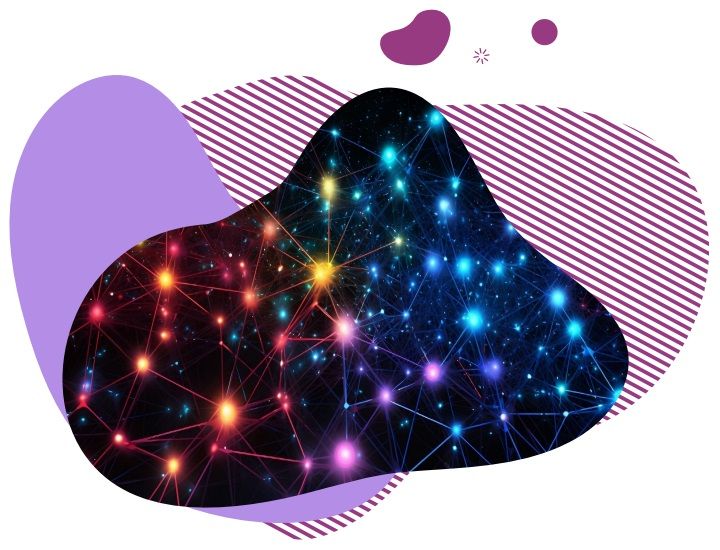
ITU Journal: Intelligent technologies for future networking and distributed systems
The latest issue of the ITU Journal on Future and Evolving Technologies shares research on innovations enabled by intelligent technologies in areas from security and bandwidth-efficient data transmission to visible light communication (VLC), image classification, edge computing, airborne fog computing, and virtual sensors to analyse air quality.
The new issue continues the ITU Journal’s coverage of the growing influence of artificial intelligence (AI), machine learning, and automation on communications and networking.
The online journal – free of charge to both readers and contributors – offers comprehensive technology and innovation coverage.
It welcomes research submissions all year long, on all topics relevant to the work of the International Telecommunication Union (ITU).
Along with research articles, the online ITU Journal includes recorded webinar discussions with researchers and industry leaders.
Upcoming issues are set to address:
- AI and machine learning solutions for 5G and future networks
- Geospatial AI to advance the United Nations Sustainable Development Goals
The ITU Journal is currently inviting submissions for further issues on:
- Energy-efficient and environmentally sustainable edge computing and communications for AI. Submit a paper by 17 November.
- Privacy and security challenges of generative AI. Submit a paper by 13 January.
Kaleidoscope conferences
ITU’s academic conference series, Kaleidoscope, highlights emerging research trends and their implications for international standardization.
Digital innovation for sustainability will be in focus at ITU Kaleidoscope 2024: Innovation and digital transformation for a sustainable world, taking place from 21 to 23 October in New Delhi, India.
Kaleidoscope 2024 will run alongside the World Telecommunication Standardization Assembly, the governing conference for ITU standardization work, set to happen in New Delhi from 15 to 24 October.
Join the ITU community
Academia and industry are key partners in research and development, as well as in bringing the latest technology innovations to market.
ITU Academia membership is another key avenue for academics to engage in the work of ITU.
Academia members participate in ITU expert groups responsible for radiocommunication, standardization, and development. Their participation strengthens ITU’s work while also heightening the impact of academic research.
ITU international standards, for example, support the global adoption of collaboratively developed solutions, boosting returns on investment for academia as well as industry.
